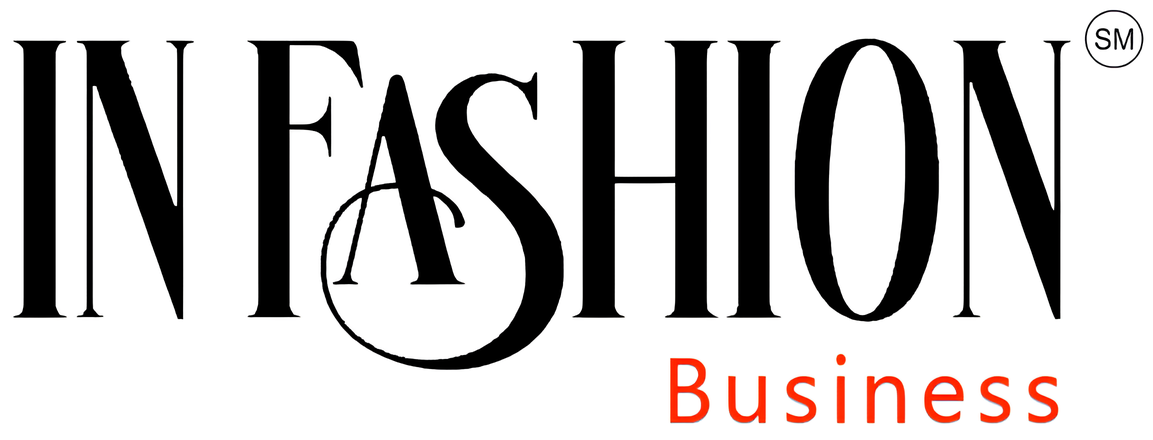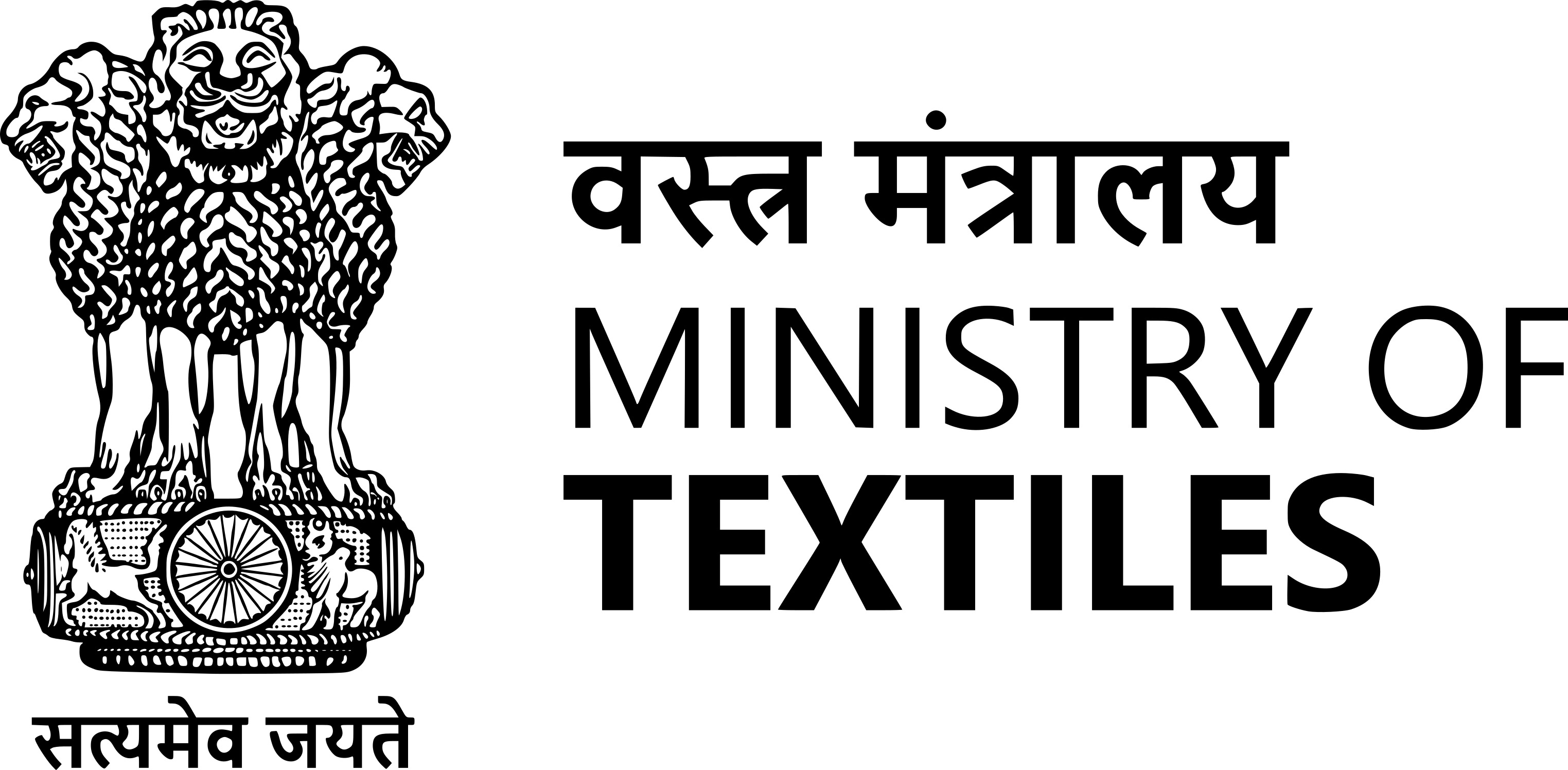BUDGET NATIONAL
NEW DELHI, INDIA
By IFAB MEDIA - NEWS BUREAU - January 29, 2024 | 113 3 minutes read
The textile ministry is likely to see a marginal increase of 2.5% in its budget allocation for fiscal year 2024-25, two persons aware of the matter said. The ministry had received ₹4,389 crore allocation for the current fiscal year.
This increase, though modest, aligns with the government’s commitment to establish India as a key global player in the textile industry. However, the limited hike could present challenges for the ministry in utilizing its funds efficiently.
In the fiscal year 2021-22, the ministry received a budgetary allocation of ₹11,059.81 crore, which was further increased by over 10% to ₹12,382 crore in 2022-23. However, the ministry faced a 71% cut in its revised budget estimate, reducing the outlay to ₹3,579 crore in 2022-23.
Emailed queries sent on Monday to the ministries of finance and textiles remained unanswered till press time. The marginal rise in the allocation is not likely to hinder the progress of the Pradhan Mantri Mega Integrated Textile Region and Apparel (PM Mitra) Programme, which has an outlay of ₹4,445 crore over five years, ending in 2027, one of the persons quoted above said.
With plans to create seven PM MITRA parks and attract ₹70,000 crore in investment over the next five years, the government aims to position India as a prime destination for textile sourcing and investment, along with encouraging foreign direct investment (FDI), one of the persons said.
Textiles and apparel contribute significantly to India’s economy, accounting for about 2.3% of India’s GDP, 13% of industrial production, and 12% of export revenue. India holds a 4% share in global textiles and apparel trade. The government has introduced various initiatives to encourage private equity investments and enhance job creation in the sector, including the Scheme for Integrated Textile Parks (SITP) and the Technology Upgradation Fund Scheme (TUFS).
Efforts to support the textile industry include the addition of 43 new partners under the SAMARTH scheme for skill development, approval of research and development projects, and an investment of $7.4 million in this area, the second official said.
The ministry has also implemented major schemes like the National Handloom Development Programme, Mill Gate Price Scheme/Yarn Supply Scheme, and Handloom Weavers’ Comprehensive Welfare Scheme.
“India has an excellent opportunity in the textile sector for taking advantage of the current environment where global companies are looking to reduce their dependence on the Chinese supply chain,” said Anand Ramanathan, partner, consumer industry leader, consulting, Deloitte India.











